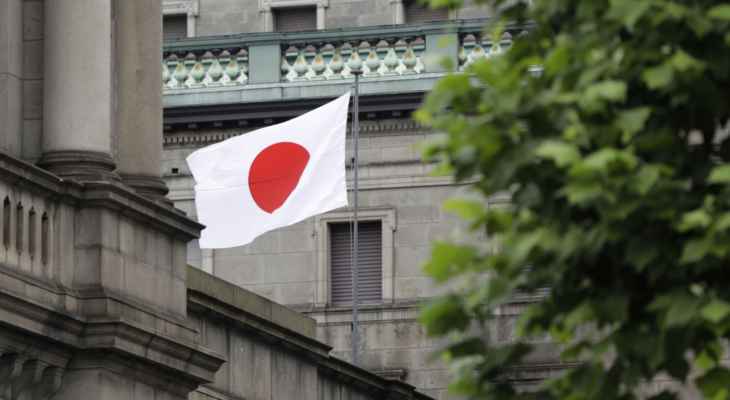For the first time in seven years, the Japanese government has introduced an electricity rationing system, urging households and businesses to wisely reduce consumption during the summer.
According to the data, the card system allows the use of air conditioners and other electrical appliances to avoid heat stroke, but electricity consumption should be reduced for secondary purposes – billboards showing the operation of lighting fixtures and televisions in stores and shop windows. , etc.
This is due to calculations that indicate that in the event of a strong heat in almost all regions of the country, except for Okinawa in the south and Hokkaido in the north, the power reserve can be only 3.7%, while it is considered critical within 3%. .
Starting Monday and for four days, Tokyo and eight other prefectures are on alert status for grid overload due to heat wave in June. In those days, temperatures up to 40 degrees Celsius were recorded in a number of regions. On Thursday, a record temperature for June was recorded in Tokyo – above 36 degrees.
It is noteworthy that electricity supply problems have arisen against the backdrop of high energy prices, low generation at thermal power plants in light of plans to switch to “clean” types of energy, and growing concerns about the stability of electricity supply.
Source: El Nashra
